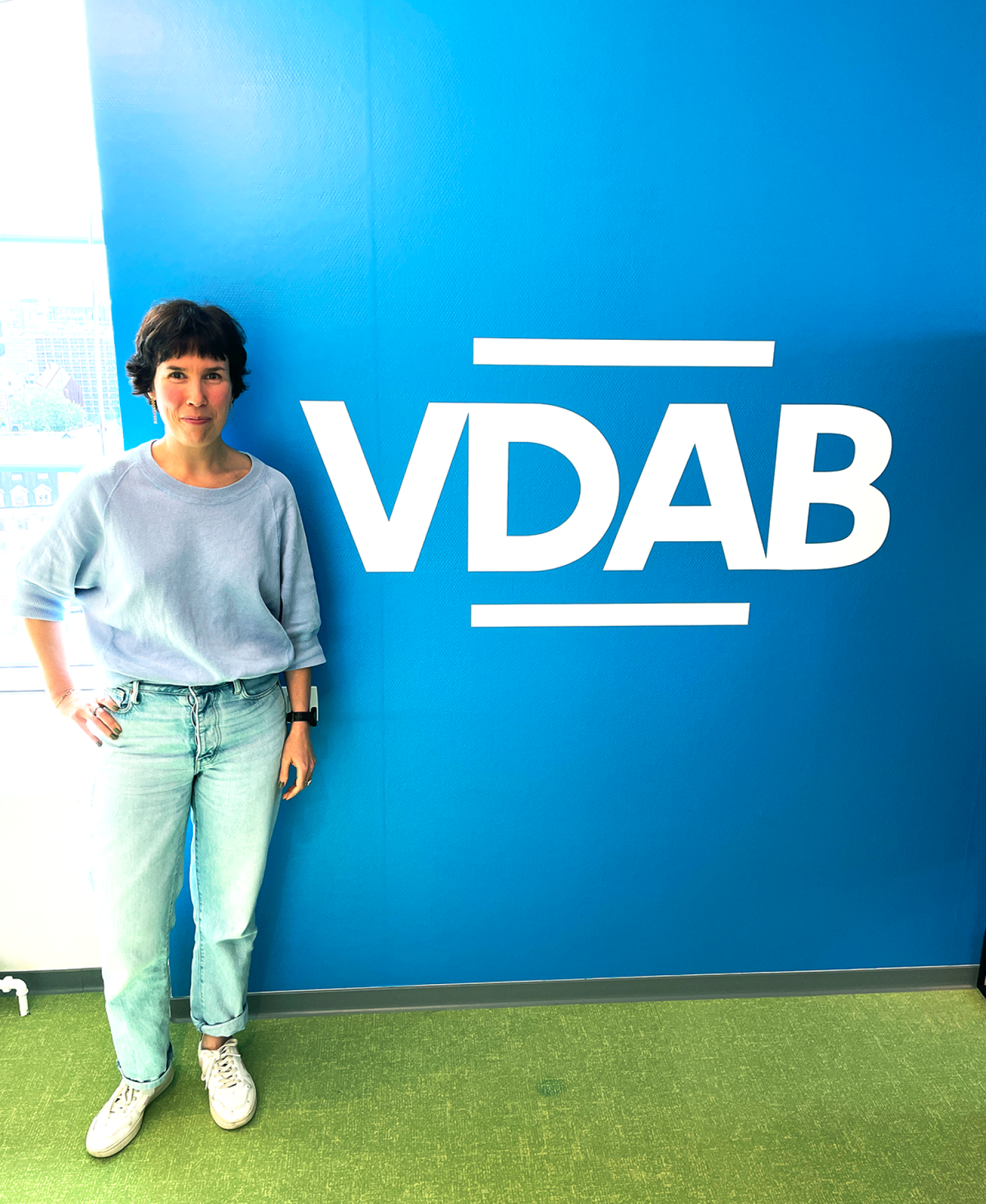Applying AI for a smart job market.
The job market in Flanders is a complex and dynamic phenomenon. Not everyone finds their way to the right job easily. There is a tremendous opportunity to make a guided job search smarter. What skills and competences has the candidate gained in past experiences? How do these align with a better job? What information can be derived implicitly or explicitly from the candidate’s search behavior? But also, how do we guide an active worker to a job that is a better fit than the
current one? Many questions that VDAB is seeking the appropriate answers to, can increasingly be supported by artificial intelligence (AI). Technology that swiftly and efficiently guides citizens to the right job is more relevant today than ever before.
An efficient ecosystem solution
Thanks to a driving force from management towards the application of innovative
technologies, VDAB started in 2016 with the installment of an innovation team that, at the time, had the freedom to explore where innovative technologies like AI and machine learning could assist VDAB. The team also got the task of centralizing all associated technical knowledge – which had a strong tendency to fragment across the organization – for the benefit of more effective functioning for both itself and the citizen. To reinforce this knowledge, the innovation team, led by Karolien Scheerlinck, looked at collaborating with various external experts in their domain, providing the vital cross-pollination that the project needed. Today, the AI team consists of 32 individuals and external experts, intentionally accounting for over 30% of the team.
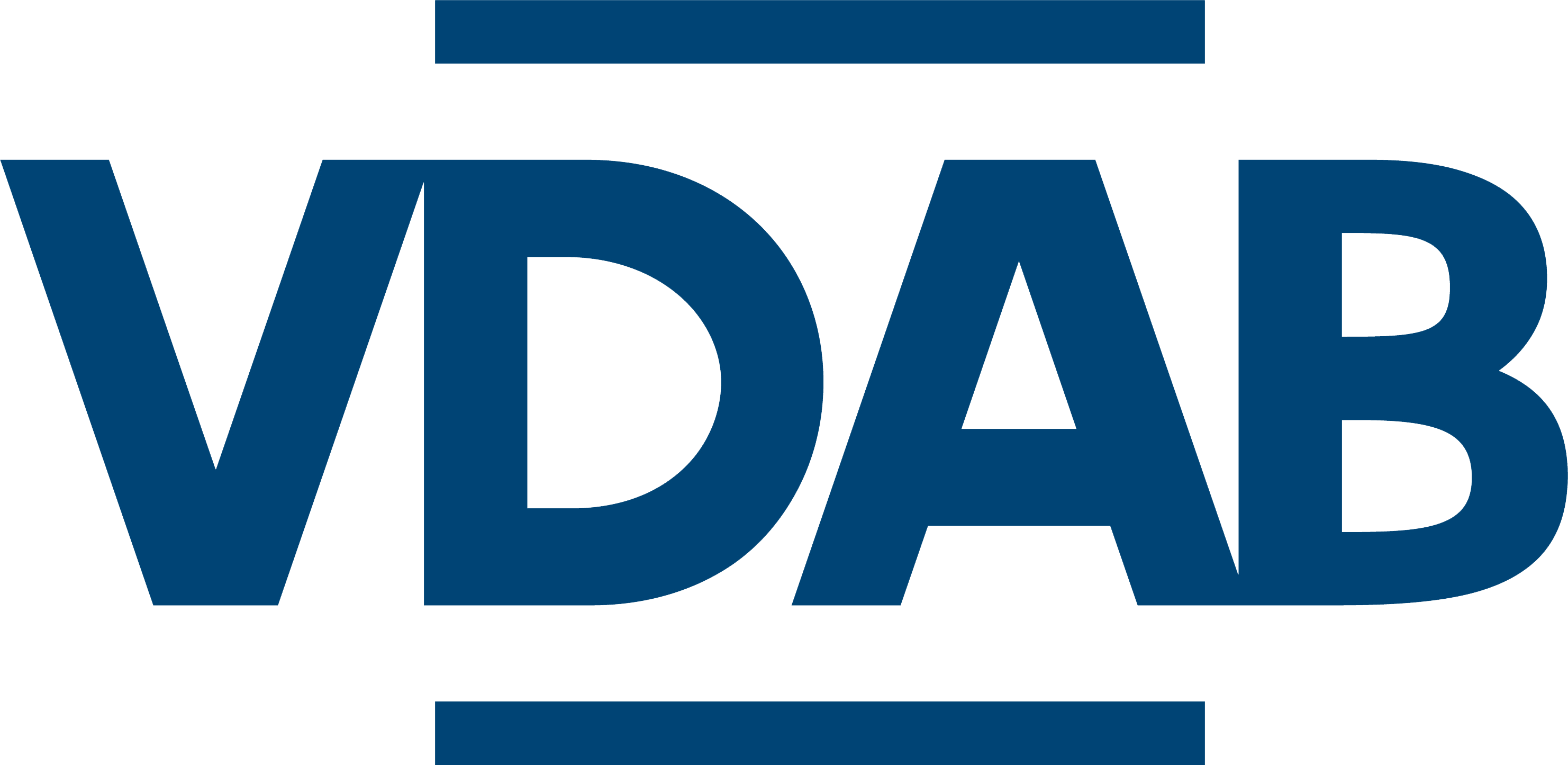
The Flemish Service for Employment and Vocational Training is the employment service of Flanders. It is mandated by the government to promote the better functioning of the Flemish labor market by providing job seekers and employees the opportunity for a meaningful and sustainable career. To achieve this, the service collaborates with other service providers in the sector. In addition to developing career perspectives and ownership, VDAB also offers every employer the perspective on talent and support. It strongly emphasizes competence development, career services, and facilitating labor market operations. The focal point of its competence is consolidated on the website, a job site with thousands of jobs, training
opportunities, and tools.
More info on vdab.be
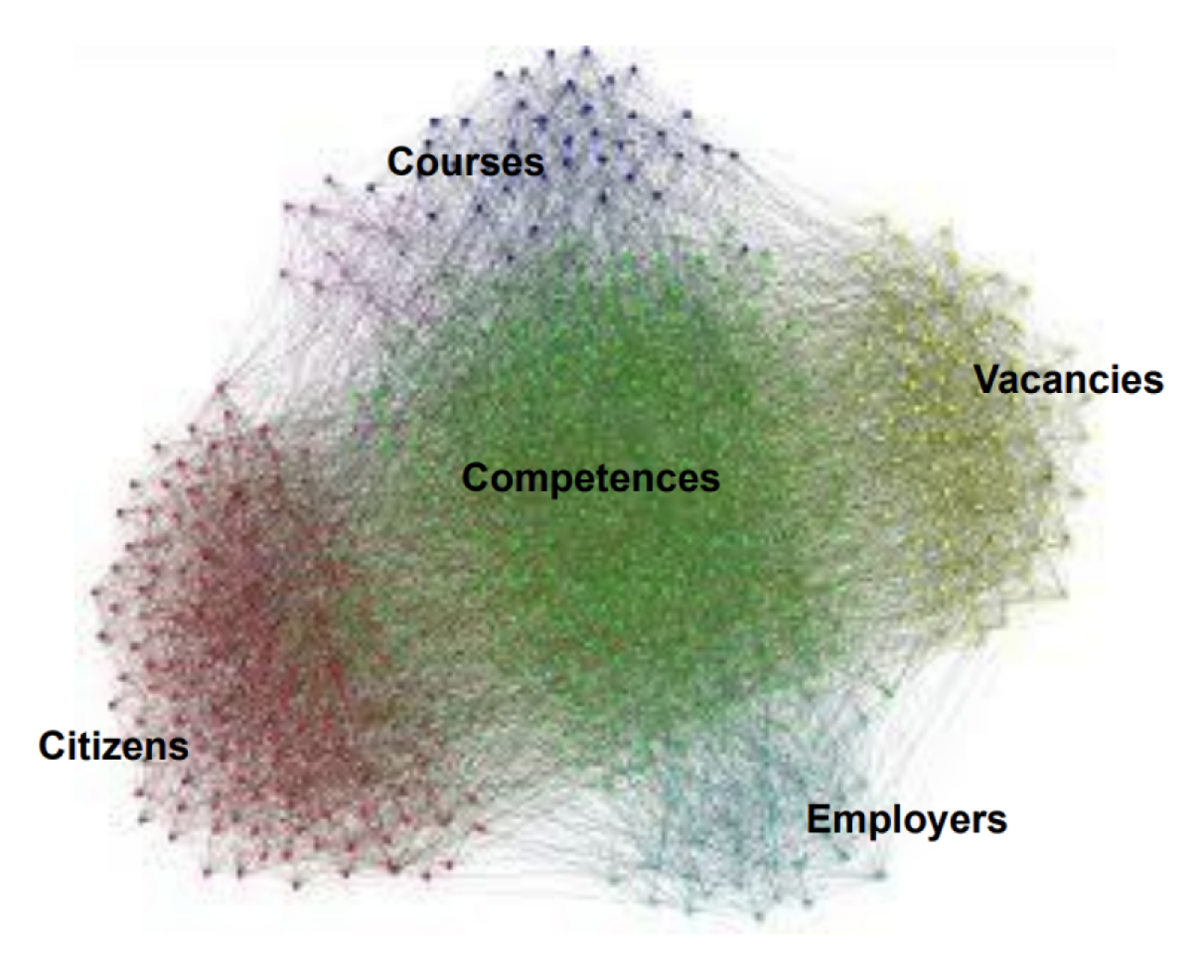
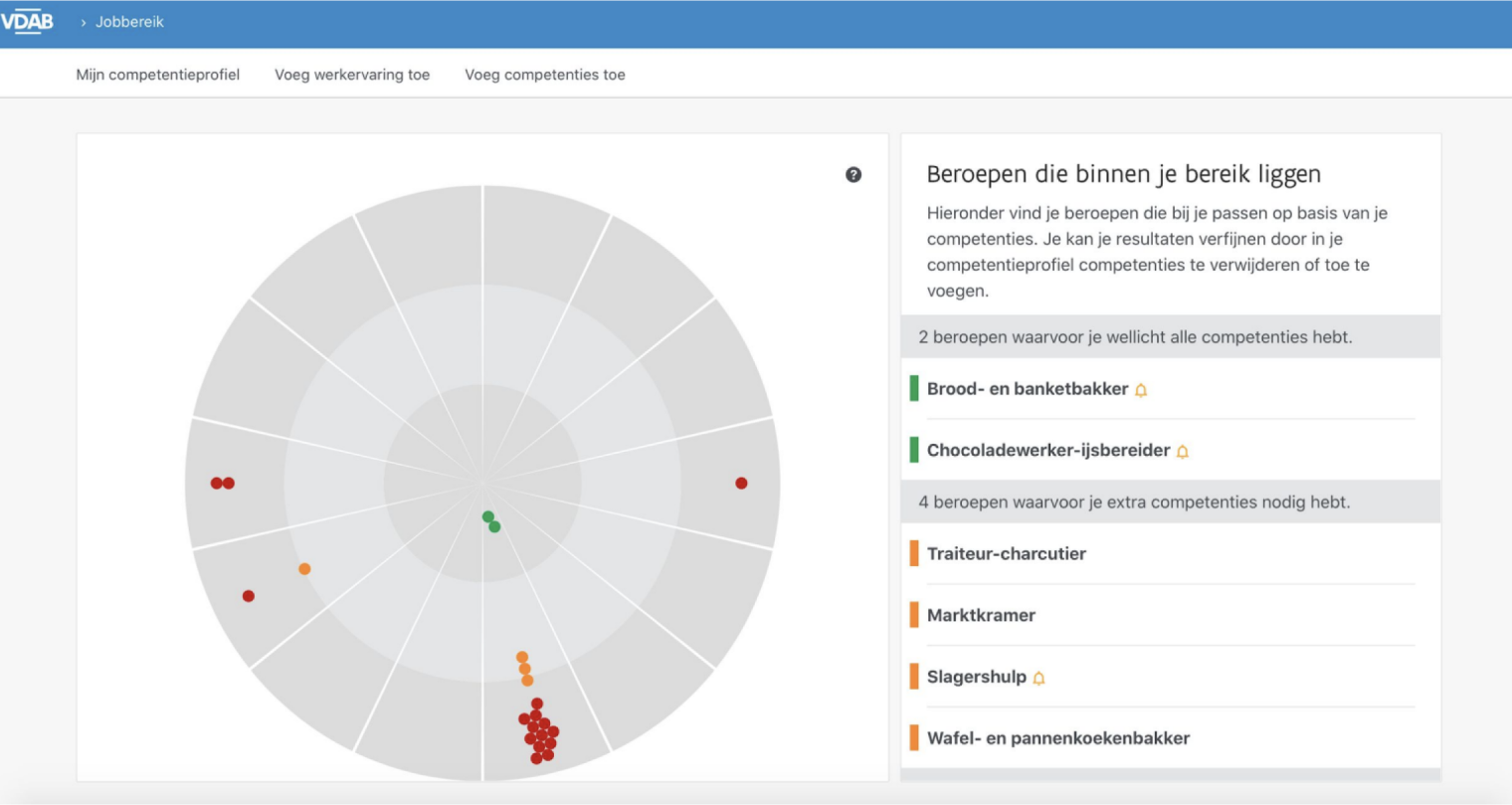
A set of intelligent tools
VDAB aims to harness the power of technology across various projects that support its policies and together form an integrated solution for an improved job-search experience for citizens. As Karolien emphasizes, there are many more possibilities to ascertain what a candidate-employee wants to do with his career and, in which directions he wants to move. VDAB wants to gain insights into the job careers and technology plays a key role in this. Vectr.Consulting helps VDAB implementing innovative technologies in a variety of business projects, summarized below.
Jobbereik
Karolien: “For many people, the job market is complex and dynamic. They often have a limited understanding of their skills and competences and the professions they can pursue with them. Even for employees, it is not always clear which skills they should specifically look for. Jobbereik provides insight into this.”
Jobbereik is an orientation tool that maps all the skills of the candidate-employee based on his experience and education on to the skills required for a job. It builds a Knowledge Graph, a network of semantic metadata, that links job seekers, job vacancies, and training programs to each other through skills. These links form as they naturally occur in reality: citizens possess skills that are required for job vacancies, which, in turn, belong to types of professions that are in demand by citizens. The skill sets are defined per job occupation, based on data from the job market that is always up to date.
The tool uses Python as application technology offering end users to send queries, and the semantic network itself is stored in a Neo4J database. The application is released on various platforms via Docker containers. The tool itself is already active, and feedback from over 180,000 active users indicates that 80% of users are satisfied with the tool.
Jobmap
Jobmap visualizes the job landscape within Flanders. It illustrates how professions relate to each other within the job market. Within VDAB, the Competent ontology is employed. This is a standardized description of occupations and their corresponding competencies, serving as a common language in the labor market. The drawback of such a standard is that it lags a bit behind the latest changes in the job market. Through Jobmap, we provide a data-driven application that helps keep the Competent standard up to date with the latest developments in the labor market.
For example, the tool offers insights into clusters of jobs vacancies where no standardized profession exists. If a person searches for terms like data, development, and intelligence, the result is often a mix of professions, while that cluster actually represents the skills of a specific profession such as a data scientist. From these insights, it becomes easier to identify and define new, emerging professions.
The solution also assists job seekers by offering them a visual search for vacancies. For instance, when a teacher enters the term “Pedagogy”, he can visually see which potential job vacancies align with this search term. You can think of it as an eye- opener in your search for suitable employment.
Jobmap is based on a t-SNE reduction technique. This is a machine learning algorithm suitable for converting the complex accuracy of data – or embedding it – into coordinates of lower dimensions (2D or 3D), which are easier to interpret for a user. The application is written in Angular with regl-scatterplot/webgl, a visualization method to illustrate correlations between points on a graph.
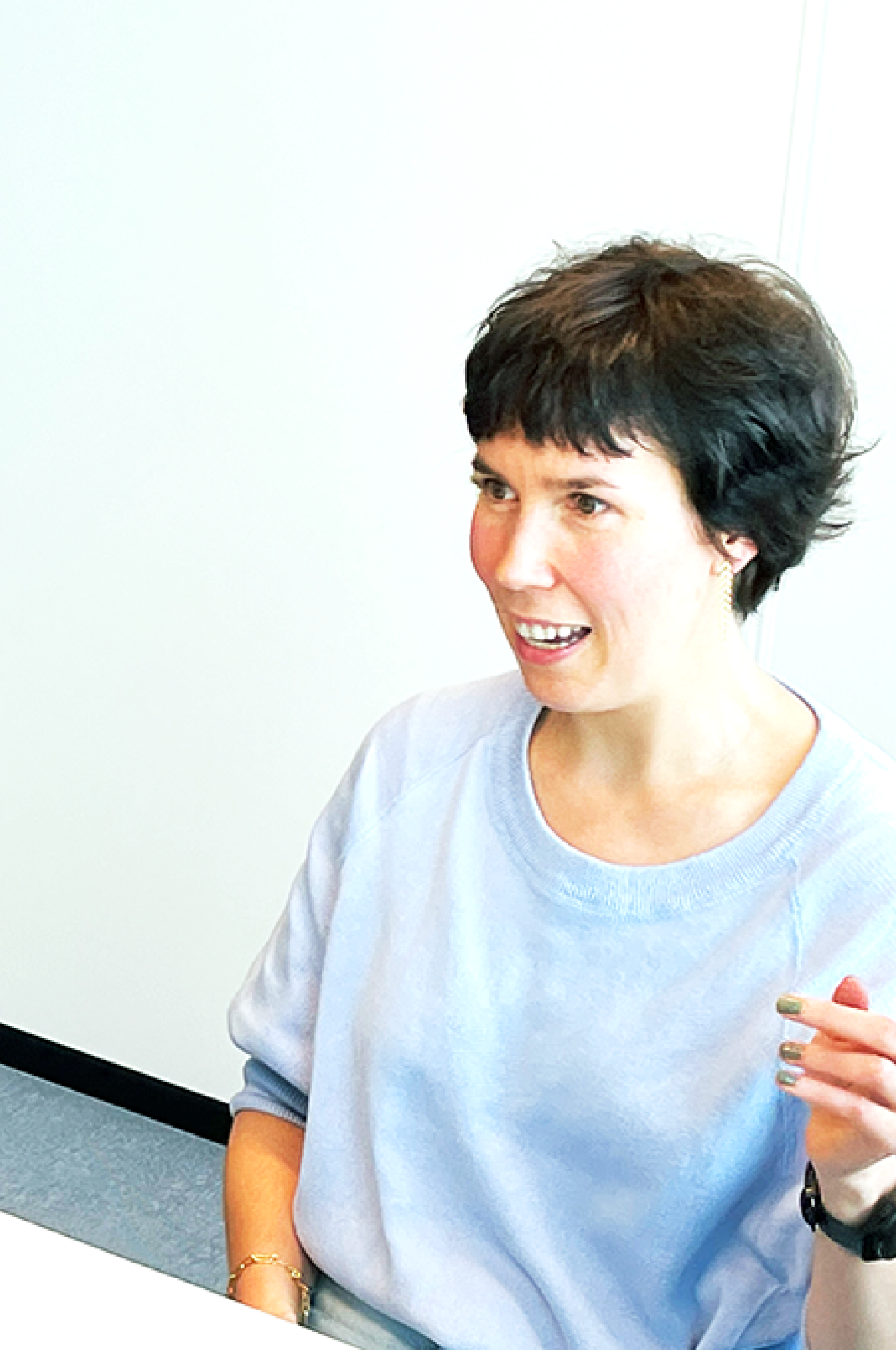
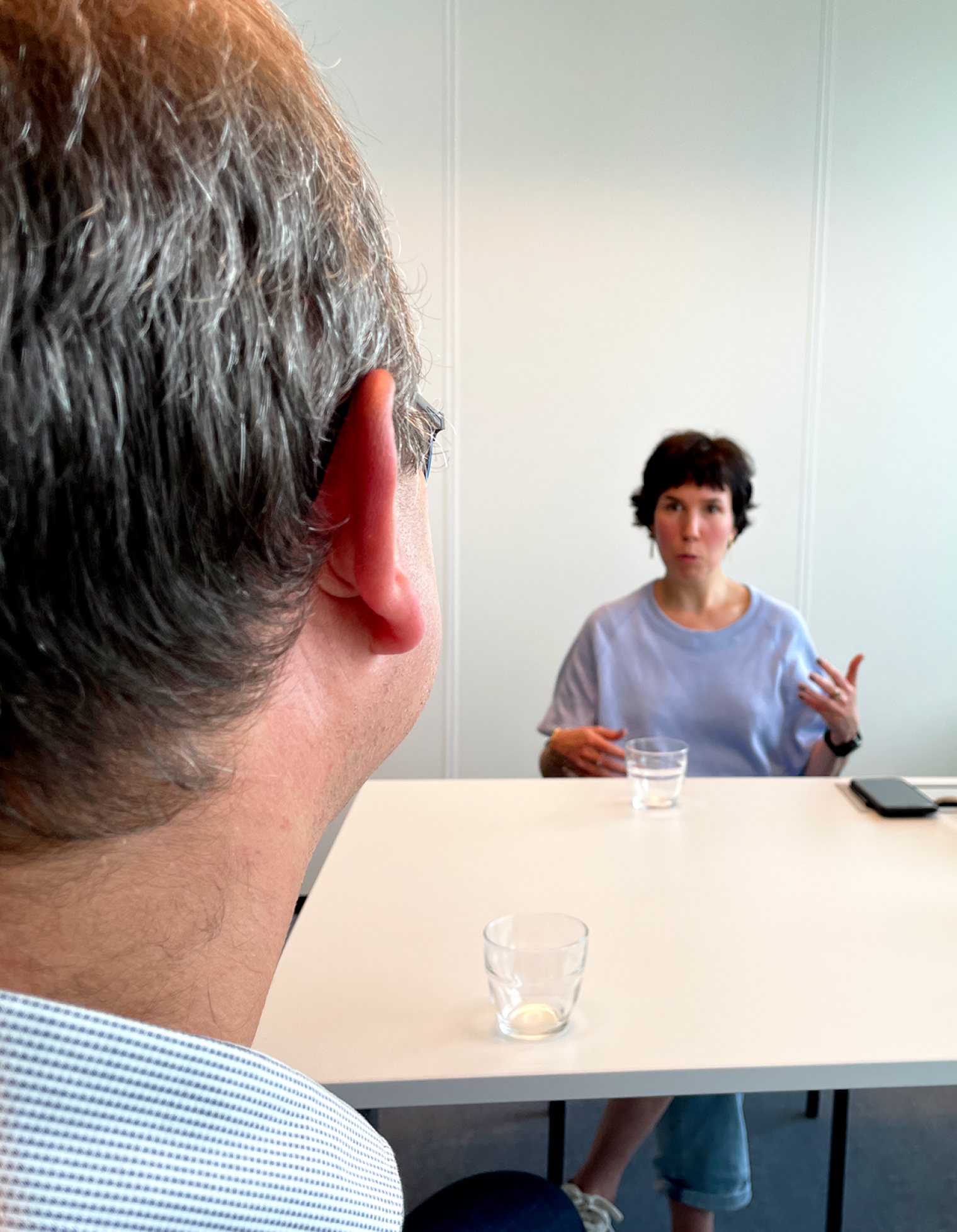
Skill Navigator
Skills are key to employment and prosperity. With the right skills, people are prepared for
high-quality jobs. For businesses, a proper identification of skills for work is crucial. They must compete globally, innovate, and quickly adapt to new trends. To maintain their position as leaders in innovation, they need to continue delivering the right people with the right skills.
Skill Navigator is an assisting tool that makes skills searchable and visualizes similarities. It allows citizens to input any task in their own language (e.g.,’I can knead dough’) and link it to skills, competencies, and professions. The tool is used within Jobbereik to search for similar skills within the skill profile. Moreover, it also takes into account 21st-century skills such as safety and teamwork, which are increasingly required in today’s job market.
Underlying the tool is a model based on a universal sentence encoder, which converts text into a vector. This vector is then matched through an OpenSearch database to precalculated encodings, where categorical variables are converted into numeric values to be more easily interpreted by a ML model.
“The collaboration between VDAB
en Vectr.Consulting has always been very smooth.”
Karolien Scheerlinck
The power of cross-pollination
The collaboration between VDAB and Vectr.Consulting started four years ago under the leadership of Cronos Public Services, the subdomain of the Cronos Group that bundles and facilitates the expertise of its subsidiary companies for government services. As an expert in data intelligence, Vectr.Consulting assists VDAB in the fields of data science, artificial intelligence and machine-learning operations. Both parties understand each other very well and always seek pragmatic solutions. Solutions that not only revolve around the technology itself but also focus on the people within the project. If the employee or VDAB feels that there is no match at the project level, the paths separate for the benefit of both parties. Building such a future vision regarding work only makes sense if the team behind it also has a good understanding and complements each other well.
This makes VDAB an excellent environment to build an ecosystem of benevolent parties, wherein which knowledge flows freely. VDAB wants to shapes the ecosystem itself and brings together the various involved parties.
